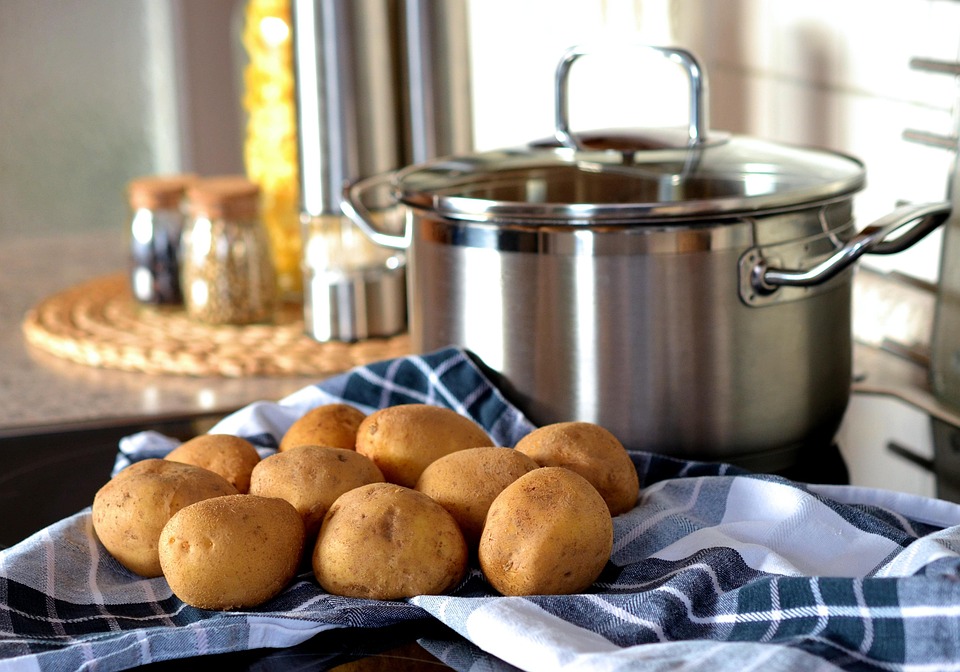In an age where food is available year-round, the allure of seasonal cooking often gets overshadowed. However, embracing the seasons in our culinary practices opens up a world of flavor, nutrition, and sustainability. Here’s a closer look at why fresh ingredients should be your go-to in the kitchen.
1. Enhanced Flavor Profiles
Fresh, seasonal ingredients are packed with flavor. Produce that is harvested at its peak ripeness — whether it’s sun-ripened tomatoes in the summer or crisp Brussels sprouts in the fall — offers a richness that outshines out-of-season alternatives. When fruits and vegetables are allowed to ripen naturally, they develop their full range of flavors, creating dishes that are vibrant and memorable.
2. Nutritional Benefits
Eating with the seasons also means consuming food that is more nutritious. Fresh produce has a higher nutrient content compared to items that have been stored for long periods or transported over great distances. As fruits and vegetables age, their vitamins and minerals can degrade. By choosing seasonal options, you can ensure you’re getting the maximum benefits from your meals. Seasonal foods are also often grown locally, leading to fresher, tastier, and more nutritious ingredients.
3. Environmental Sustainability
Opting for seasonal ingredients promotes sustainability and reduces your carbon footprint. Local farmers are better equipped to grow food that thrives in the local climate, which minimizes the need for chemical fertilizers and pesticides. Furthermore, consuming seasonal food means reduced transportation emissions, as the products don’t have to travel long distances to reach your plate. Supporting local agriculture through seasonal cooking not only benefits the environment but also boosts your local economy.
4. Cost-Effectiveness
Seasonal ingredients tend to be more affordable. When produce is in season, it’s more abundant, leading to lower prices at farmers’ markets and grocery stores. You can maximize your budget by planning your meals around what’s currently in season. Additionally, purchasing in bulk during peak season allows for the opportunity to preserve excess produce through canning, freezing, or drying, giving you access to seasonal flavors year-round.
5. Culinary Creativity
Seasonal cooking invites culinary creativity and exploration. It encourages you to engage with various ingredients, inspiring you to try new recipes and experiment with different cooking techniques. As the seasons change, so do the options available to you. From hearty autumn soups to refreshing summer salads, each season presents unique flavor combinations and cooking challenges that stimulate your inner chef.
6. Community Connection
Buying seasonal ingredients often means shopping at local farmers’ markets, where you can connect directly with producers. This personal touch fosters a stronger community bond and provides insight into how your food is grown. Chatting with farmers allows you to learn about best practices, seasonal varieties, and appreciation for where your food comes from. This connection enriches the dining experience, transforming eating into an act of appreciation for local resources.
7. Mindful Eating and Health
Seasonal cooking encourages mindfulness in eating. By being aware of what’s currently in season, you cultivate a deeper appreciation for food. This approach promotes healthier eating habits as fresh ingredients lend themselves to more wholesome meals, often free of preservatives and additives found in processed options. Cooking with seasonality can also help individuals connect with the rhythms of nature, reminding us of the importance of balance and harmony in our diets.
Conclusion
Incorporating seasonal ingredients into your cooking can elevate not just your meals but also your overall culinary experience. Each season offers a unique bounty, bursting with flavor, nutrition, and sustainability. By making fresh, seasonal ingredients your go-to, you not only nourish yourself but also foster a deeper connection with your environment, the community, and the ever-evolving world of food. So, the next time you step into the kitchen, consider what’s in season — your palate, body, and planet will thank you.



